As Bishop pleads guilty to smuggling marijuana,
Living Hope Church sets own course
At 5:25 a.m. Dec. 11, John Bishop drove a gray Volkswagen Jetta, bearing California license plates, into commuter lane No. 6 at the international port of entry in San Ysidro, Calif. He told a U.S. Customs and Border Protection officer he was headed to Chula Vista, Calif., with nothing to declare from Mexico.
But during a routine inspection of his vehicle, the officer found packages concealed within a wheel well. A drug-sniffing dog was brought in and alerted officers to the Jetta’s undercarriage and trunk.
Bishop, then 54, was escorted away while officers disassembled the Jetta and found 105 packages of marijuana, weighing 281.88 pounds, hidden in the sedan’s bumpers, rear seat, dashboard and at least one wheel well, according to a probable cause affidavit filed in U.S. District Court in Southern California.
Enlarge
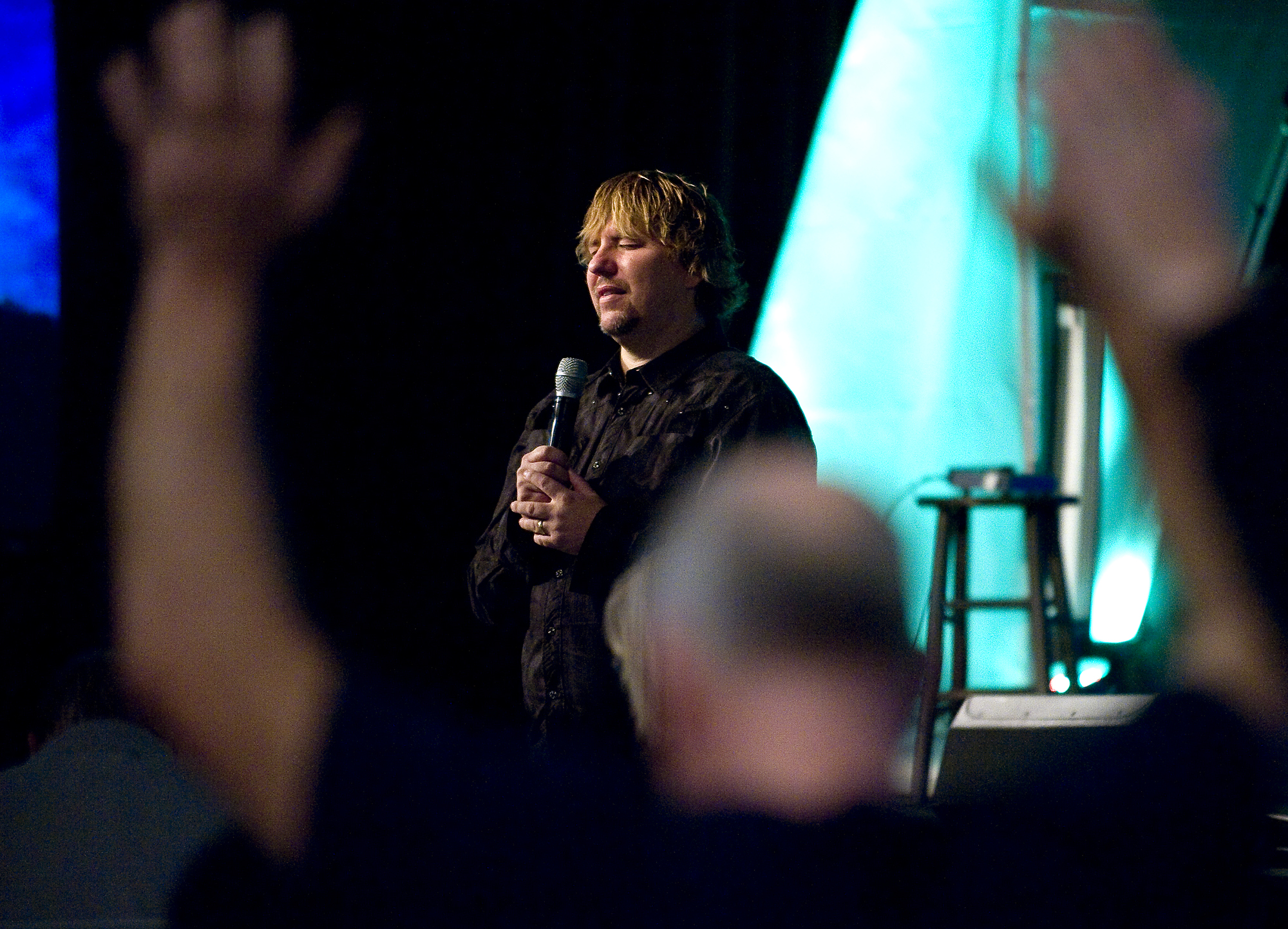
The Columbian files
The former senior pastor of Vancouver’s Living Hope Church was arrested and taken into federal custody, where he remained for nearly a month. He was later granted pre-trial release after his friend, Lance Dutton, helped to pay his $25,000 bail bond.
His wife, Michelle Bishop, then 54, filed a petition for legal separation Jan. 2 in Clark County Superior Court and asked the court to find that their marriage ended Dec. 11, the same day John Bishop was arrested. She wrote in the petition that her husband was living in San Diego, Calif.
On Dec. 17, Bishop was charged with unlawful importation of a controlled substance-marijuana, a felony. He pleaded guilty to the charge in February. His sentencing has been pushed back three times. The FBI told The Columbian in August that it is investigating Bishop’s marijuana case but declined to say anything more.
At 10:30 a.m. Friday, Bishop is set to learn his fate.
“I restored and gave grace to countless numbers of people and always have had a heart for pastors. All I ever wanted was to pastor one church with people I loved for my whole life,” Bishop wrote in a July email exchange with The Columbian. “My consequences are very real and with the legal stuff out there, I try to make the most of each and every day, but I can’t stop wondering, ‘Why wasn’t I restored? Where was the grace for my family?’ ”
Also, Bishop said, he and Michelle are not getting divorced.
“Michelle and I are working on things. My wife is the hero in the story. Seriously, she is the best person I have ever known,” he wrote.
In March, Dutton solicited letters of support and testimonies from people on Facebook. “These letters will be sent to the judge to hopefully award some leniency for our pastor,” Dutton wrote.
John Bishop later publicly thanked Dutton for his efforts in a Facebook post: “Thank you for helping to connect my world with the rest of the world and community we once knew as home. It takes courage and deep friendship to step out and speak on our behalf. The comments are encouraging, humbling and overwhelming.”
One of those letters, already filed in the court record, came from Mike Miller, who became senior pastor at Living Hope after Bishop left.
“I have known John Bishop since he was a teen growing up in a dysfunctional home. He has overcome much and has done a lot of good in his life. This does not excuse his misdeeds, but I wanted you to know there are many people whom he has touched in a very positive way. They love him for all the good he has done,” Miller wrote to the judge.
Miller, 64, told The Columbian in an interview that he was a youth pastor when he met a teenage Bishop and his friends in his youth group. Miller wrote the letter, he said, because he wants the judge to see both sides of Bishop — the good and the bad.
“John did wrong. John like all human beings is fallible. He messed up really bad,” Miller said in an interview. “You have a choice when you sin. You can ask God to forgive you or you can cover it up.
“Becoming Christian doesn’t make you perfect. It makes you forgiven,” he added.
Enlarge
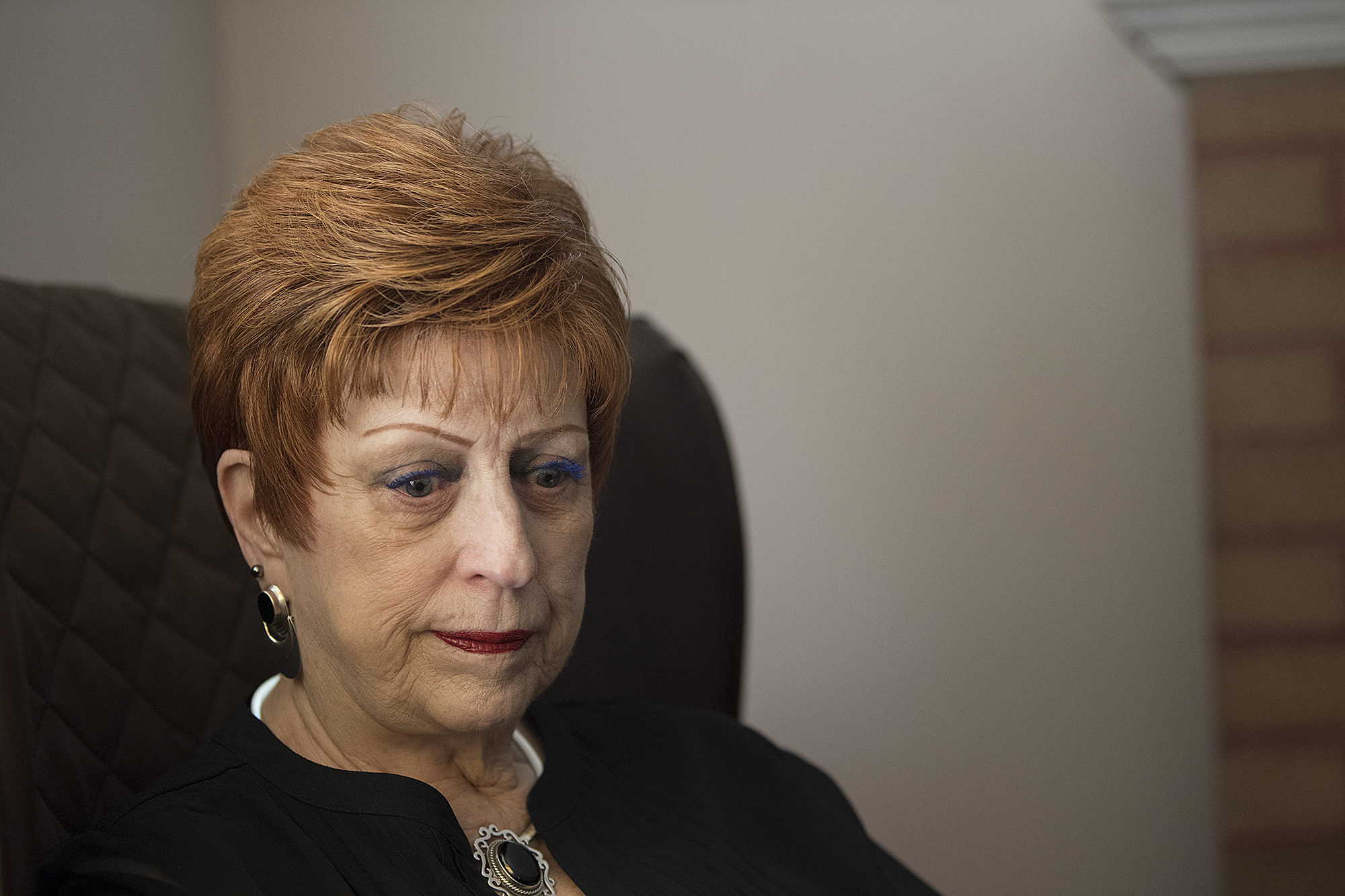
Amanda Cowan/The Columbian
In an interview with The Columbian, former longtime congregant Janette Koop, 74, recalled a time when Bishop preached about forgiveness, a sermon that she said was life-changing.
“He taught in order to be forgiven you have to forgive others and yourself,” Koop said. “I just pray that John will be able to forgive himself and get back on track.”
Getting back with God
Many people weighing in on Bishop’s situation online said they never imagined he’d get caught up in the law. Others weren’t so surprised.
“Church is full of people that need to be redeemed and forgiven. John is going to pay a huge price for this. I genuinely feel bad for him,” said Pastor Glen Johnson, 59, with Vancouver’s Faith Center Church, adding that “after 36 years of ministry, nothing surprises me anymore.”
Andrea Madison, who attended Living Hope for about a decade, said she hates hearing people gossip about Bishop.
Enlarge
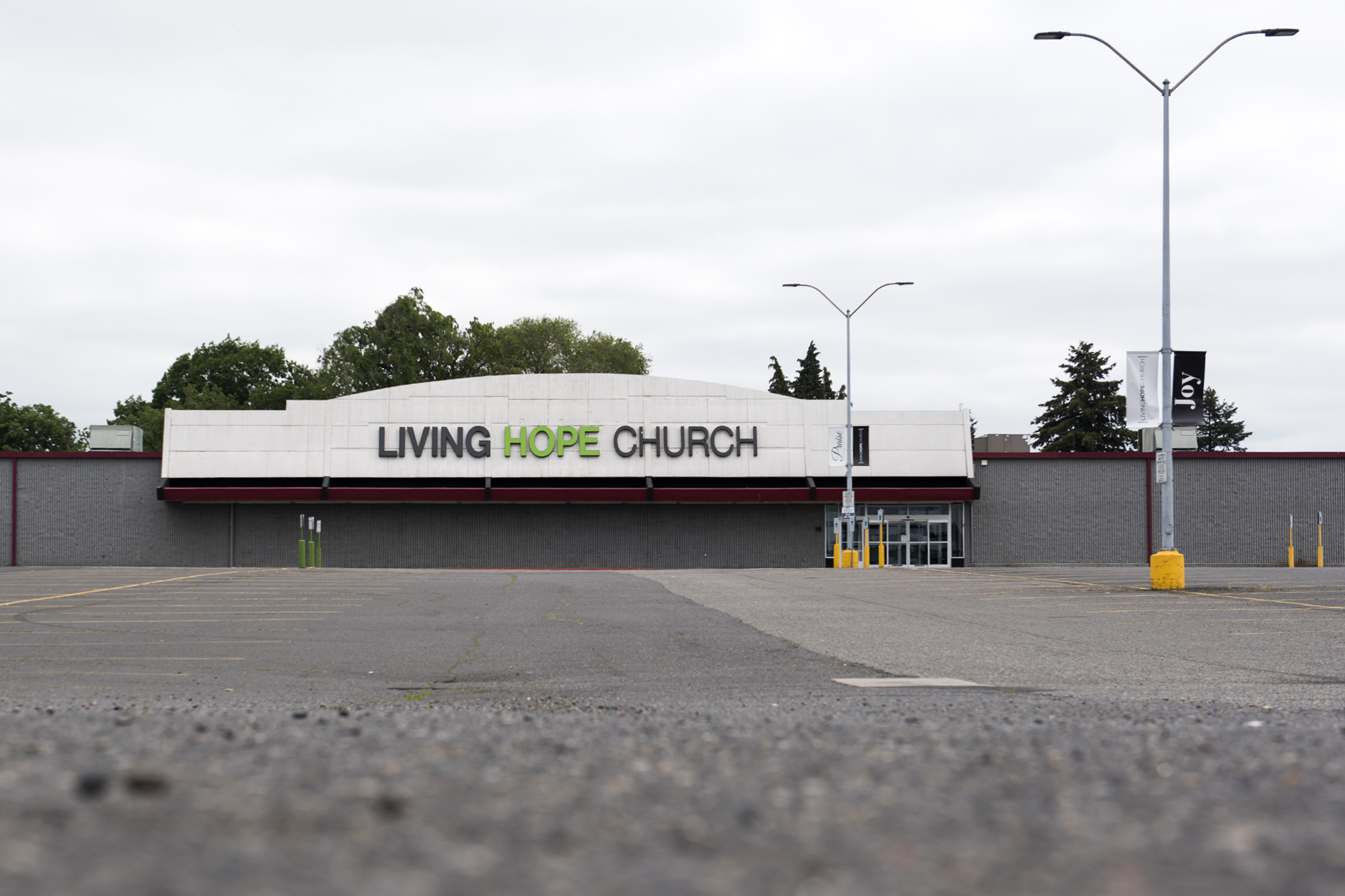
Alisha Jucevic/The Columbian
“They don’t think of all the million great things he’s done,” she said. “He’s an extraordinary man who made a bad choice.”
Madison, 61, said Bishop and his wife took her under their wing after her son, 16-year-old Joey Madison, was killed in a skitching accident in 2007.
“I don’t know if I would have made it without them,” she said tearfully. “He’s a great man who’s helped so many people’s lives. The lives that he’s helped, it’s extraordinary.”
While Bishop has received many words of support, he also faces criticism.
Doug Mabry, who used to attend Living Hope, said he was shocked to learn of Bishop’s criminal case and marital infidelity.
“It’s like, ‘Really? John, you’re smuggling marijuana into a country that it’s legal in. This isn’t smart.’ That shows he had not only fallen but fallen further than anyone had thought,” said Mabry, 59.
Former congregant Katie King, 38, said she’s glad Bishop pleaded guilty and “appears to be willing to be accountable and not try to hide behind some excuse.”
“I’m sure he has reasons for what he did, and that’s OK to have a reason,” she said. “But to step up and say, ‘I’m guilty,’ that means something to me; he’s possibly repentant of what he did.”
Although he should be welcomed back as a church member, King said she doesn’t think Bishop should ever be allowed to lead a church again, because he’s proven he lacks the necessary character.
Mabry agrees.
“I’d love to see John get back with God, come back to a balanced life,” he said. “I don’t know what that could possibly mean in ministry. He’s fallen enough that the church would have a hard time trusting him again and rightly so.”
Enlarge

Steve Dipaola for the Columbian
Living Hope lives
Since Bishop was ousted from Living Hope nearly three years ago, the leaders of today’s church have been focused on rebuilding.
On a Sunday in July, the sanctuary was partially full. Summer services tend to be lighter, but co-lead Pastor Neal Curtiss estimated about 600 people attend worship services every weekend in the summer.
Living Hope is looking less and less like the cavernous Kmart that Bishop once deemed “the promised land.” Curtiss said that the church is constructing a defined sanctuary and room for nursing mothers.
It’s a project that was supposed to happen under Bishop’s tenure, and it’s now coming to fruition.
For several weeks, Curtiss and co-lead Pastor Doug Frazier, who alternate giving Sunday sermons, worked on a series called “Identity.” It looked at what God’s purpose is for people and for Living Hope Church.
“God has his hand on this church. God raised up this church to be the heart of Vancouver, Washington,” Curtiss said before the congregation.
And God, he said as he paced the stage, doesn’t want people to dwell on the victories or failings of the past. The past is past and God is about to do something new at Living Hope, he said.
“We have been hurt. We have been battered. We have been wounded. We have experienced all kinds of things. Some of the things we have gone through as a church I promise you would shut a church down,” Curtiss said.
Living Hope has some new ideas and a vision it plans to launch in the fall regarding outreach and Bible training. The church wants to bring back the prom for people with developmental disabilities, and dig deep into its other ministries.
“God is going to restore everything that the enemy has taken away in the name of Jesus. We are going forward,” Curtiss said during his sermon. “We do not follow men. We don’t follow programs. We don’t follow ministries. We don’t follow fads. We follow Jesus Christ.”
Enlarge

Steve Dipaola for the Columbian
More leadership issues
Not long after the Bishops’ departure from Living Hope, Miller became senior pastor at the struggling church. He brought with him a personable preaching style and community connections — namely, an investor who would solve Living Hope’s financial crisis.
U.S. Digital CEO and then-County Councilor David Madore purchased Living Hope’s property for $4,746,700 on Oct. 14, 2016.
“I am a firm believer that God provides,” Miller said during a Nov. 6, 2016, church service. “God says, ‘If you do what I’ve asked you to do … if you preach the gospel to the lost, if you make disciples… I will pour out my blessings. I’ll do the rest of it.’ ”
Ron Webb, 74, an investor in the Kmart purchase and a managing member of the limited liability corporation that held the church’s mortgage, said all of its investors were paid back in full. All of a sudden, he said, he got back the principal amount that he invested, $100,000.
Curtiss said Madore stepping in was a blessing. It allowed the church to stabilize financially and rebuild.
Enlarge
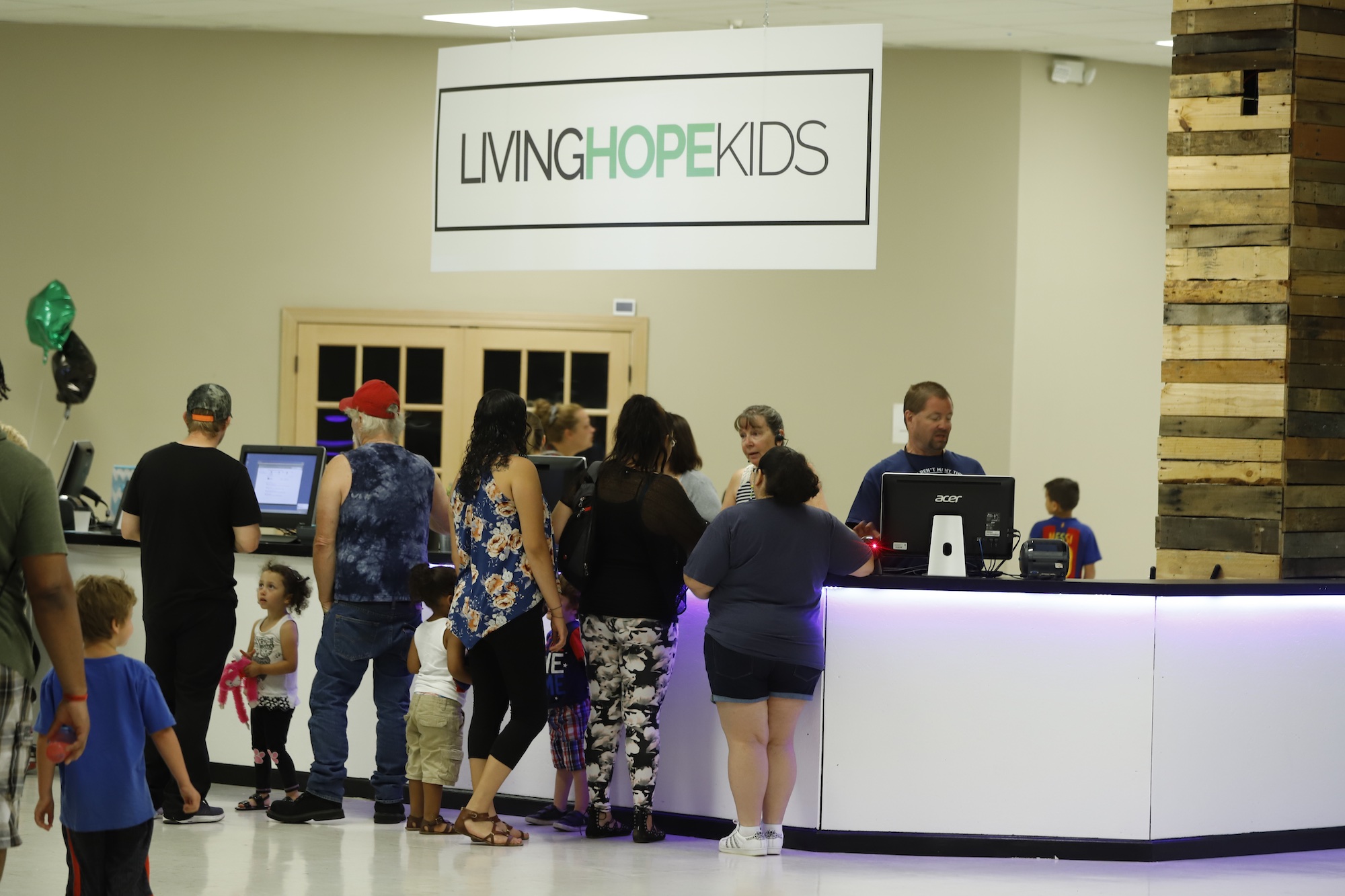
Steve Dipaola for the Columbian
Although that problem was solved, Living Hope’s leadership was in for yet another shakeup.
After 2½ years as senior pastor, Miller was fired from Living Hope at the beginning of June.
Frazier issued a statement to The Columbian saying that Miller would no longer be the senior pastor: “We love Mike, and we truly wish him nothing but the best as God continues to use him in His ministry.”
It’s unclear what led to Miller’s ouster; he declined to talk about the situation. There were allegations that staff and the board disagreed about how the church should be structured.
Miller is keeping busy, though. He continues leading a teen suicide prevention program and aims to get a youth-focused Hopeline open this fall. He also runs The Carpenter’s Garage, a nonprofit auto repair shop.
Judy, a former congregant who wished to be identified by first name only, said she’s left Living Hope twice. She left after Bishop stepped down and then again after Miller was let go. She described Miller as a warm, approachable preacher who seemed to have a genuine interest in helping the church survive.
“We are done with the drama that is Living Hope Church. Although we are faithful to our God and always will be, we are done with that place and will eventually find another place to worship,” she said. “There has been so much hurt left in the wake of it all — many people who will never again step into a church because of what has gone on.”
Enlarge

Alisha Jucevic/The Columbian
While Judy is still searching for her faith home, former Living Hope staff and attendees have spread out to churches in the area. Some started their own churches. Jon Daniels, or JD, started Crown & Anchor Church.
Danny and Dave Clinton started Kessid Church, which holds two Sunday services at Clark College. Kessid was gifted an old church in trendy uptown Vancouver that is being remodeled. The church plans to move in this winter. Kessid formed in 2009, according to the Secretary of State’s Office, and at one point tried to open a community center.
Koop and many of her church friends went to Kessid. She said she appreciates Danny Clinton’s down-to-earth vibe.
Webb, who was also a former Living Hope board member, said he, too, is attending and donating money to Kessid. He left Living Hope shortly after Bishop stepped down.
“I was actually asked to resign the (Living Hope) board. Other board members felt I was too close to John and that it would not be in the best interest of the church,” he said.
Enlarge
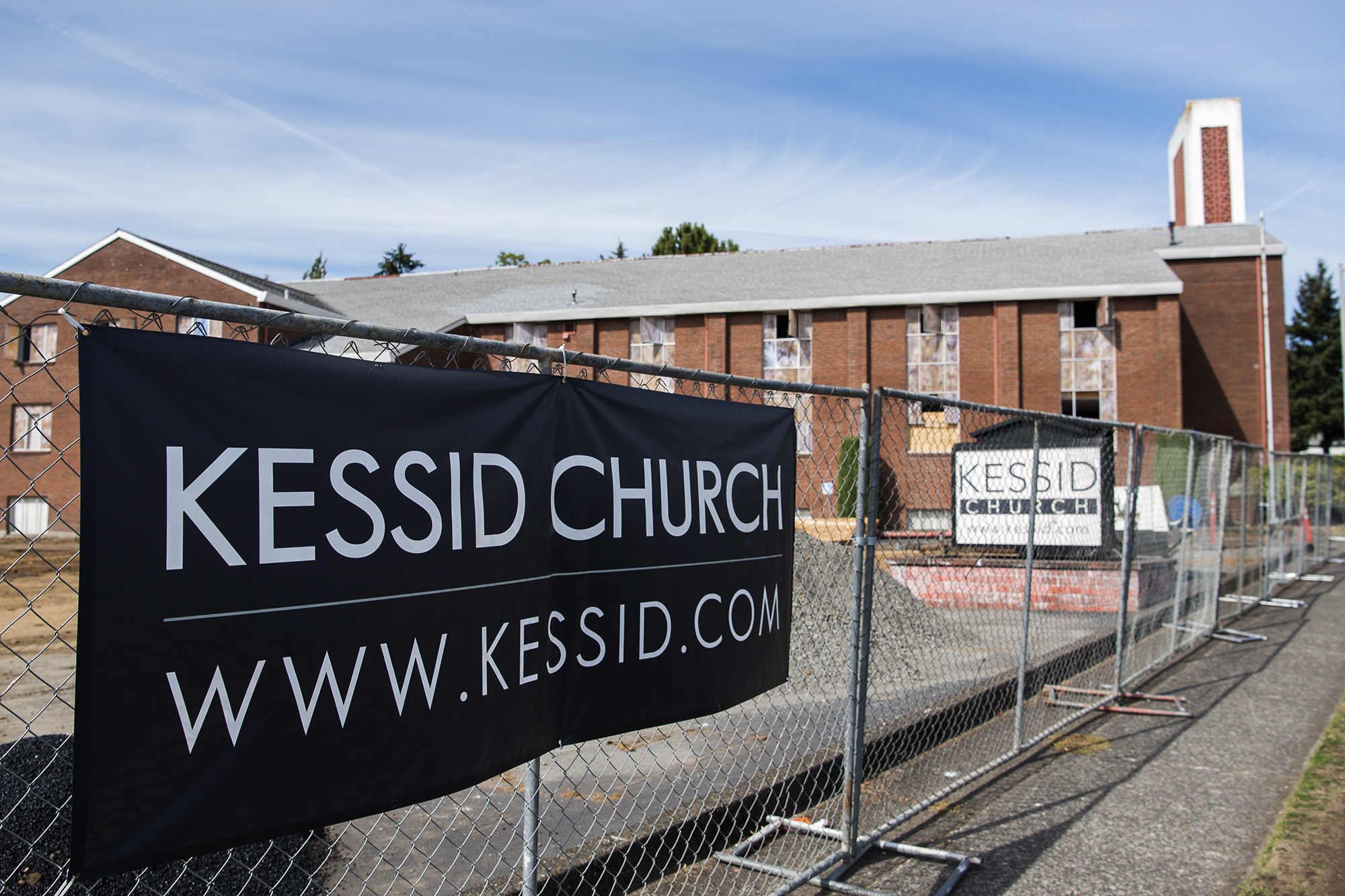
Alisha Jucevic/The Columbian
Webb said he wishes the best for Bishop.
“I’ve never known a person quite like him. And I’ve had a lot of pastors in my lifetime,” he said. “I hope he can get back into some form of ministry, but it’s pretty hard when you’re a felon … stranger things have happened.”
Expert: Checks, balances important for churches
Anyone can start a nondenominational church, said Gerry Breshears, 71, a theology professor at Western Seminary in Portland who used to mentor former Living Hope Church Pastor John Bishop. No degree or credentials are needed to lead people in their faith.
As the name implies, nondenominational churches don’t answer to a higher church body or denomination. They’re run sort of like independent, small businesses, Breshears said. That’s why it’s easy to lose financial accountability if there’s no integrity at the church’s core.
“It means a church can do anything,” he said. Sometimes that can lead to problems or even corruption within a church.
Corruption occurs in denominational churches, too, such as the cover-up of pedophile priests in the Roman Catholic Church.
“It all has to do with what kind of checks and balances you have,” and whether they’re followed, Breshears said. “Crooks can come at any level.”
Breshears believes that churches should be held to a higher moral standard, and corruption should not happen before God. He’s against what’s known as the prosperity gospel, or the idea that God financially rewards faith. For instance, Creflo Dollar, a Georgia-based televangelist, once launched a $60 million fundraising campaign to get his followers to pay for a private jet.
Joel Osteen, who’s pastor of the largest Protestant church in America, is worth more than $40 million.
“The hypocrisy of churches is intolerable, but it happens,” Breshears said.
He said that Bishop similarly wanted to be a megachurch pastor with a lavish lifestyle.
“That was always a siren song for John. … That siren song leads people to cut corners and live this ostentatious lifestyle to prove God’s blessing. It’s so completely contradictory to Jesus,” he said.
Situations like Bishop’s only eat away at people’s trust of churches. It’s easier to influence Bible-believers in the more churched areas of the U.S., such as Georgia and Texas, than in the largely unchurched Pacific Northwest, where Living Hope began, Breshears said.
People’s skepticism of churches is growing. Breshears believes the biggest change driving that is the perception that institutional religion is somehow judgmental and too politically aligned. That lack of trust and interest in religion makes it more difficult to start a church today than 10 or 20 years ago.
Still, Breshears argued, the greater Portland area has some of the best churches in the country that are committed to their faith, to providing community services and engaging congregants in social justice.
— Patty Hastings
Fall from grace
Part 1: The making of a man of God
Part 2: The best show in town
Part 3: ‘Can’t have two tigers on the hill’
Part 4: Blue Light Special brings new crises
Part 5: Finding new paths
Part 6: Reflections from a single-wide trailer